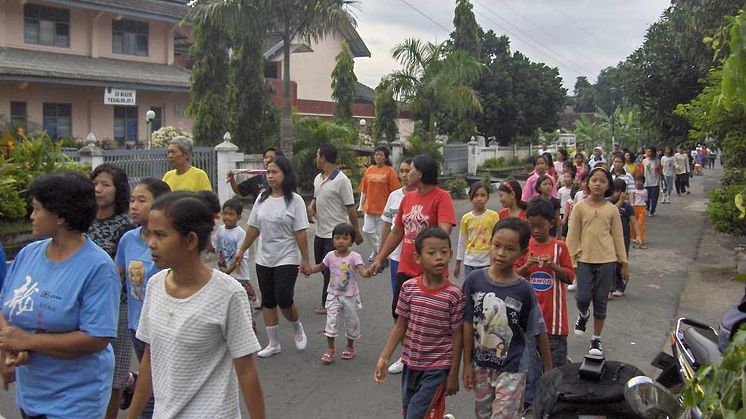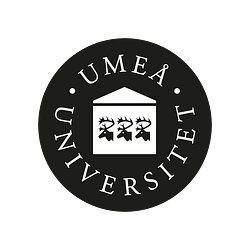
Press release -
Collective action as strategy to prevent disease among poor people
“Poor people are unhealthy anyway”, a garbage collector in Yogyakarta, answered to the question of how he keeps away from disease. He was interviewed in the study of strategies for preventing non-communicable disease (NCD) in Indonesia, a middle-income country.
It has been known that developing countries are threatened not only by infectious disease but also by NCD, such as heart disease, stroke, diabetes, cancer, and chronic respiratory diseases. These diseases are related to behavioral risk factors which burden poor people more than rich people, i.e. smoking and unhealthy food. If poor people are caught by NCD they will drastically be captured into further impoverishment. To overcome this problem, the thesis explores the possibilities of applying community empowerment while working with community’s leaders and community’s representatives to tailor some healthy activities. Many healthy activities were offered to people such as agreement not to smoke during public meetings, group exercises, morning group walking, healthy cooking classes, screening for risk factors screening, and health education.
Findings show that people of the low Socioeconomic status (SES) groups (poor) have higher participation to attend a collective action to prevent NCD than people of the high SES groups (rich). Poor people prefer to have collective action, whereas rich people prefer individual action. It may provide an opportunity to improve the health of those people through working with community.
It is expected that poor people will benefit more by the implementation of this strategy within the health system. However, action should be taken immediately because this study also noted that the risk of getting NCD is increasing in Yogyakarta.
Fatwa Sari Tetra Dewi is a postgraduate student at the Department of Public Health and Clinical Medicine, Umeå University. She is English speaking and can be reached by phone at: +46 72 547 19 07
e-mail: fatwasari@ugm.ac.id
Friday February 8th, Fatwa Sari Tetra Dewi, Department of Public Health and Clinical Medicine, Umeå University, is publicly defending her thesis with the titleWorking with community. Exploring community empowerment to support non-communicable disease prevention in a middle-income country.
Time: 9:00 AM-11:30 AM
Location: NUS - Norrlands University Hospital, Room 933, 9th fl.
Faculty opponent: Charli Eriksson, Professor, Örebro University.
Read thesis or abstract at
http://urn.kb.se/resolve?urn=urn:nbn:se:umu:diva-64181
Image: Poor people prefer to have collective action, the thesis concludes, whereas rich people prefer individual action.
Topics
Categories
Umeå University
Umeå University is one of Sweden's largest institutions of higher learning with over 36,000 students and 4,200 employees. We have a well-established international research profile and a broad range of study options. Our campus constitutes an inspiring environment that encourages interdisciplinary meetings - between students, researchers, teachers and external stakeholders. Through collaboration with other members of society, we contribute to the development and strengthen the quality of our research and education.

